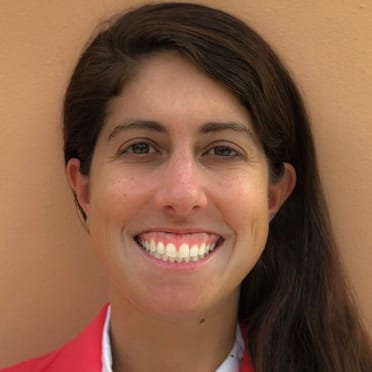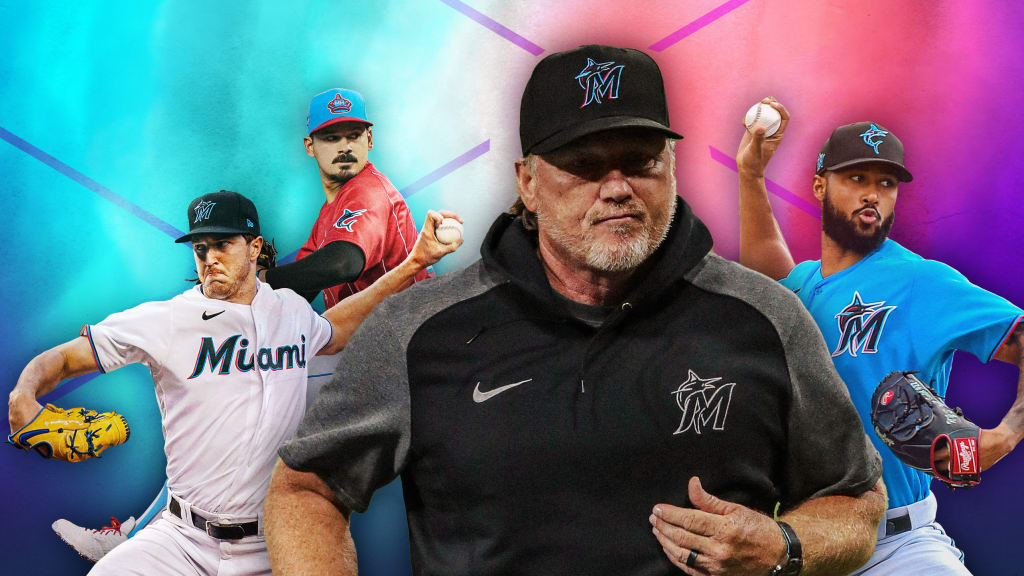
MIAMI -- The way Mel Stottlemyre Jr. sees it, he has six children: three by blood and three via baseball.
For eight months of the year, his "sons during the summer" act as a support system while he is away from his family in Idaho. Marlins pitchers Sandy Alcantara, Pablo López and Trevor Rogers, in particular, have shared a special bond with him over the past three years.
"Being a pitching coach isn't just handing one of your players analytics, or it's not just going out to the bullpen," Stottlemyre said. "It's not just giving them in-game stuff quickly. There has to be some trust. And the only way for that to happen is time, and it kind of goes back to building those relationships. As much as I stay out of their business off the field, I try to take an interest in their lives. It's gone a long ways with these kids."
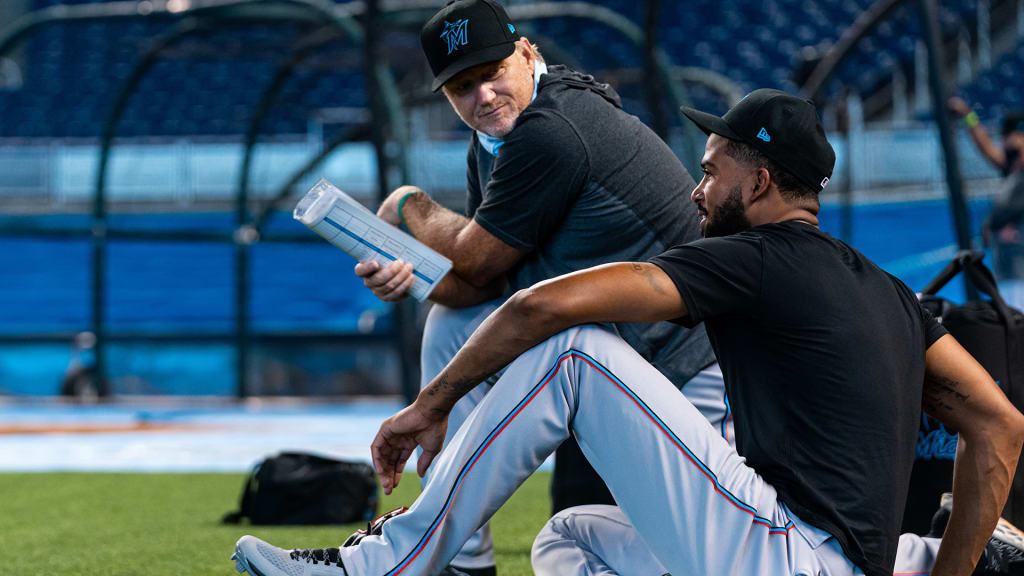
Stottlemyre's philosophy can be traced to his father, Mel Sr., who also was a former big leaguer and longtime pitching coach. Mel Jr. admired the relationships his dad cultivated with his pitchers -- from Andy Pettitte to Roger Clemens to David Cone -- more than any feedback or gameplan.
Though Stottlemyre isn't a psychologist, a lot of what he does overlaps with tenets of the discipline. He has read Harvey Dorfman's pioneering literature, using it to not only help his pitchers but himself, too. Stottlemyre also speaks with Ruben Aybar, the club's mental skills coach. He has been able to transfer his father's experiences as well as his own into coaching. It's an added benefit that his children's ages overlap with the young Marlins he has had the fortune of molding during the early stages of their careers. And while Stottlemyre can't ground his pitchers or send them to their room like he could with his own children, they embrace the tough love and honesty. It's all with the understanding that it's to help create the best version of themselves and achieve greatness.
"There's things that are bigger than baseball, and I think Mel really understands those things, and he uses those things to create those relationships," López said. "And eventually, in the long run, it just makes the job easier, knowing that there are bigger things out there. He shows you the same or even more support when those things happen than when you're struggling or doing good during the baseball season. Mel's just a fantastic person. He's always there for you, and it goes back and forth. Mel sometimes works so hard, and he's got days that he might not be feeling well. He's overwhelmed, and it goes both ways. So he's really good at talking with us, communicating, and if he ever needs the support, we're going to be there to give it to him."
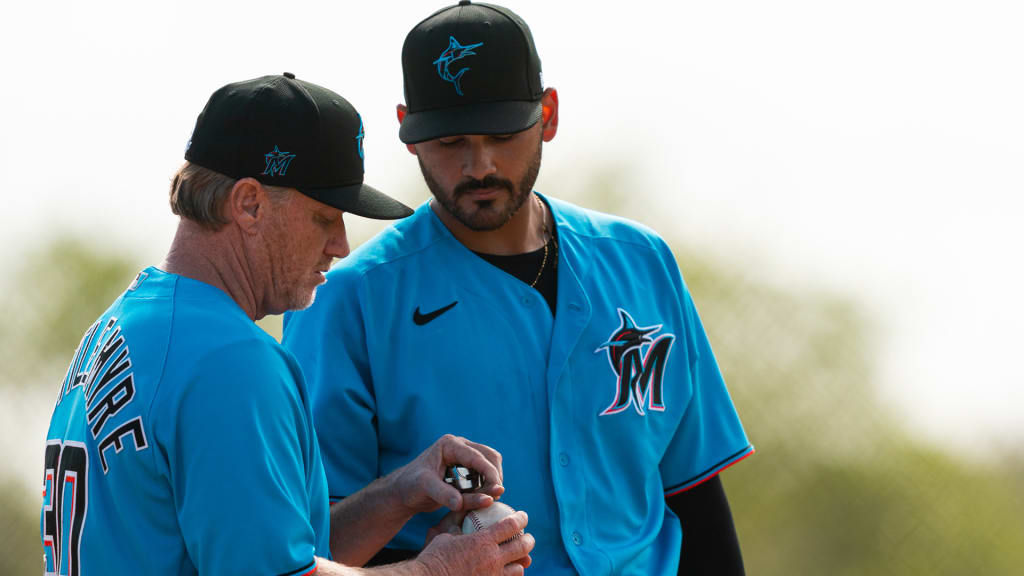
A lot of that stems from their shared experience of baseball as a refuge.
In 2019, Stottlemyre lost his father to blood cancer. His saving grace was the arrival of Spring Training, where he could be around his pitchers and deal with the grief. In July 2020, López's father, Danny, died. Stottlemyre understood what López was going through every time he stepped away from the baseball field -- how feelings of loneliness and emptiness could run wild. So Stottlemyre made sure to text López every night. If he didn't sense López was in a good headspace, he would call. To this day, they talk to each other about their fathers and mental health.
When Alcantara's mother, Francisca, died in July, Stottlemyre went to López and told him to make sure he was there for his baseball brother. It was a full circle moment, as López was able to be the shoulder for the starting staff's ace to lean on. López explained how one could grow and evolve around that pain, how the grief would become easier to deal with over time.
"Mel, Pablo and all the guys here in Miami, we've all been together, we've all been like a family supporting each other," Alcantara said. "When that happened with my mom, everybody was texting me trying to give me support. I felt sad because I lost my mom, and I felt happy because they gave me that support. They knew I needed that support because I lost something really important to my life. I'm here, and I feel happy because my mom is there with God, and she's supporting me from there. I'm blessed."
A month later, Rogers took time away from the team in the midst of an NL Rookie of the Year run. (He would finish as the runner-up.) Both of his grandfathers died within a week of each other, and his mother, Colleen, was airlifted to a hospital and placed on a ventilator due to a bout of pneumonia following COVID-19. Stottlemyre activated dad mode, texting on a daily basis to send his thoughts and prayers. That meant a lot to Rogers, who didn't think many coaches would go out of their way to check up on a player and his family.
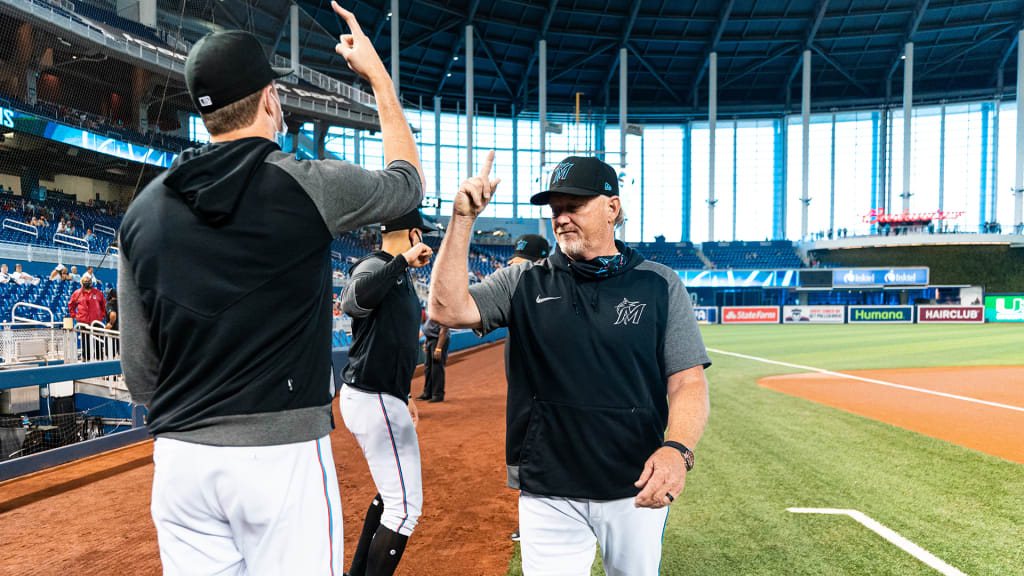
"When I heard that news, immediately I wasn't thinking about baseball at all," Rogers said. "All I was thinking about was being there for my family, being there for my dad, because he needed someone there. It really did put things into perspective that with all the pressures that this game can bring, sometimes at the end of the day, it still is a game. You still want to perform, of course. But at the end of the day, it's a game, and your family always comes first."
The difficult news continued in late October, when it was revealed that Stottlemyre worked the 2021 season with prostate cancer after being diagnosed in February. The 57-year-old kept his health a secret because he didn't want to place even more of a burden on his pitchers. It was a choice he didn't take lightly, and at times made him feel guilty.
Once they knew, Stottlemyre's baseball sons immediately checked on him, returning the favor of showing concern and offering support. The strong-willed Stottlemyre, who will begin his fourth season as pitching coach in 2022, knows that when his time serving as a mentor is done, that trio will still be a part of his life.
"They give a lot of meaning to life, those three and Elieser [Hernandez], too," Stottlemyre said. "They'll know when I'm having a bad day. And believe it or not, there's been times they've come over and put their arm around me and know that I've had a bad day and have lifted me up. They give meaning because of everything that we've invested in our lives. They give meaning to what I do, and when they do great things, I feel so gratified. The gratification of watching them grow as people and as pitchers, and do what they do, and knowing that I had a little part in it. At the end of the day, I can go home and I can feel really good about something."
